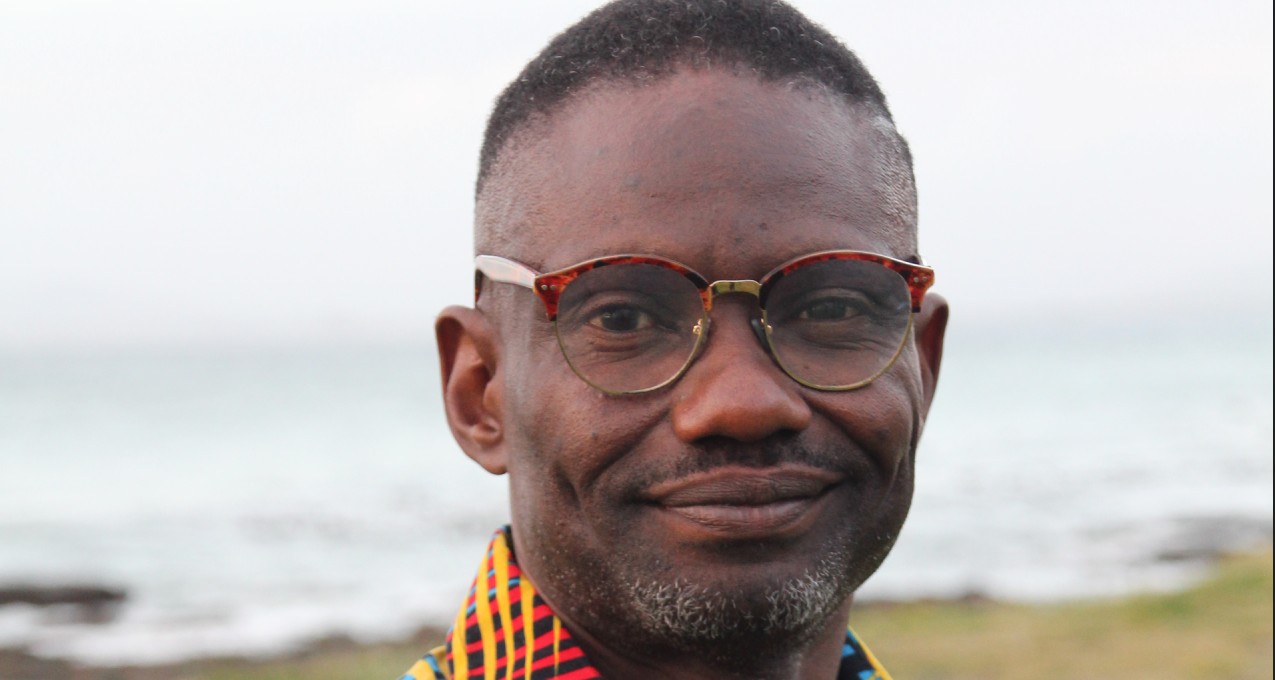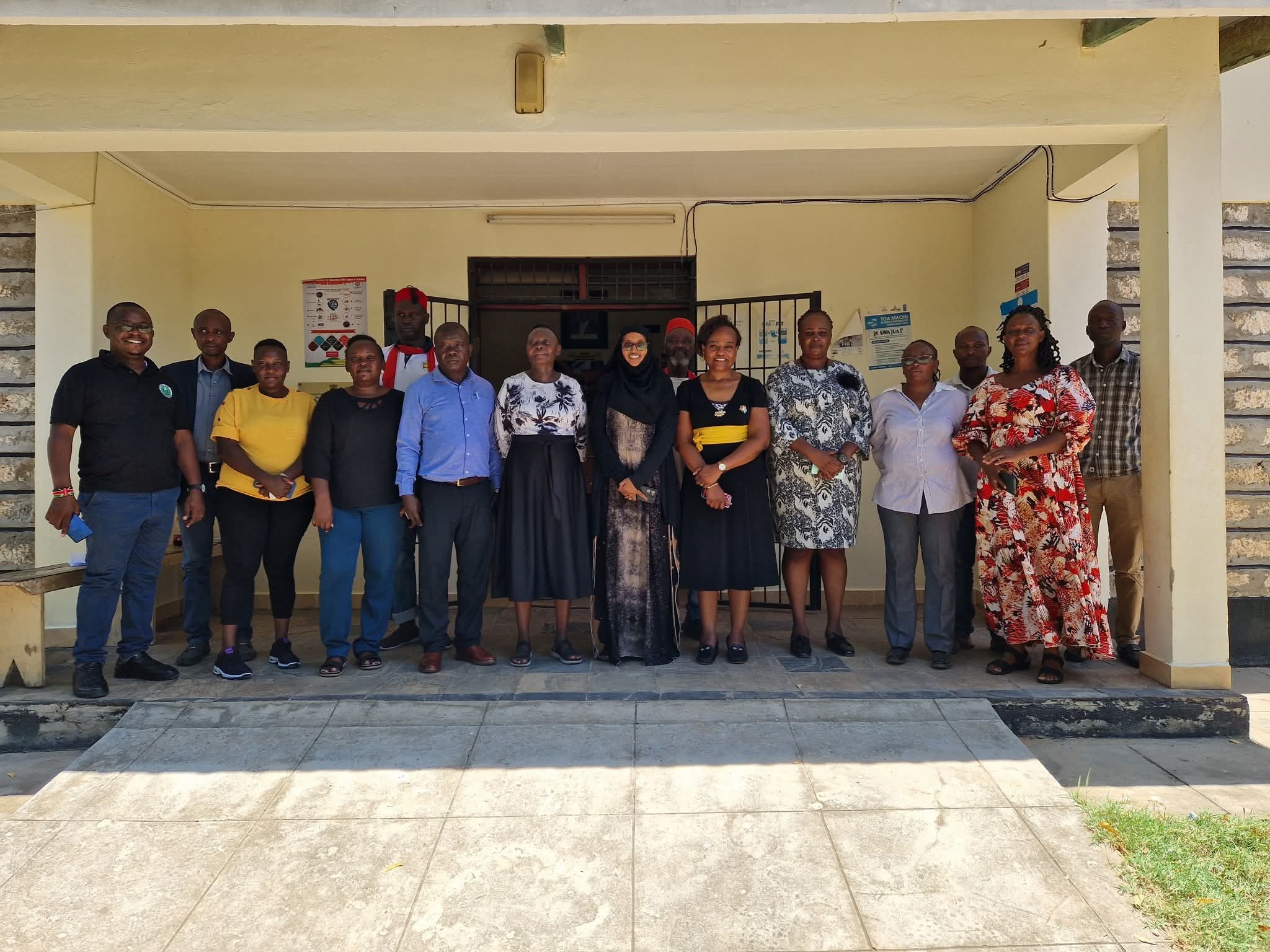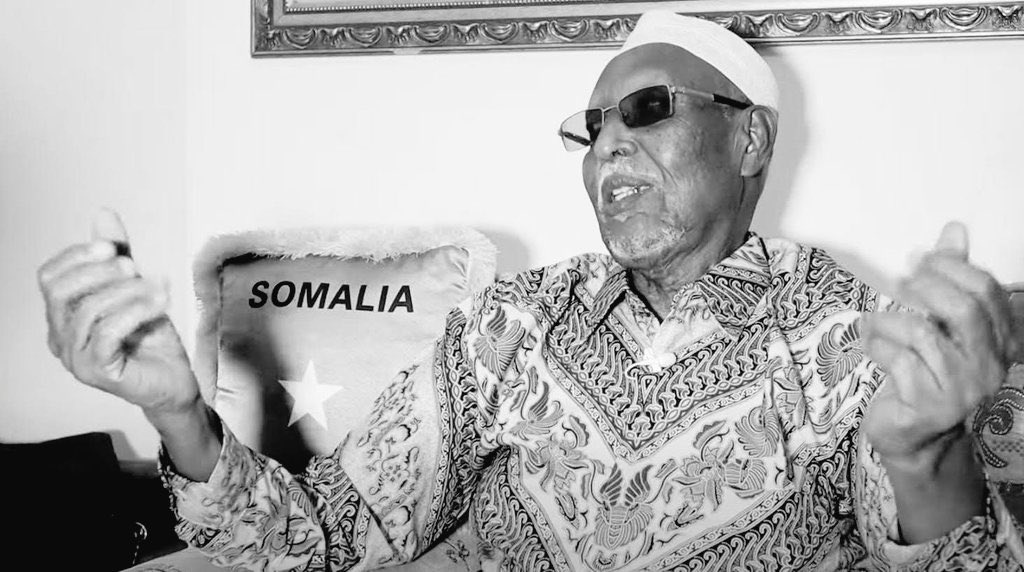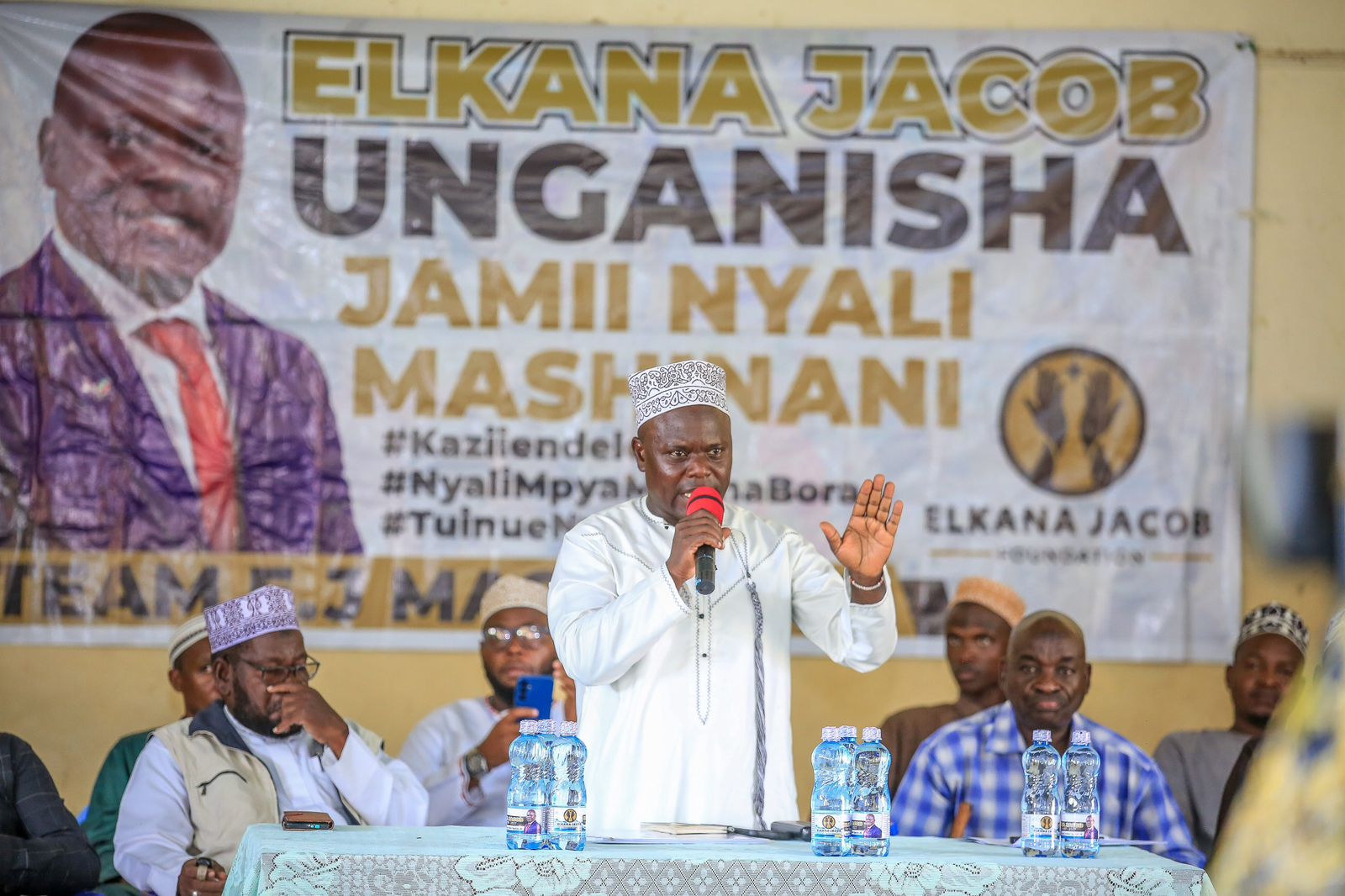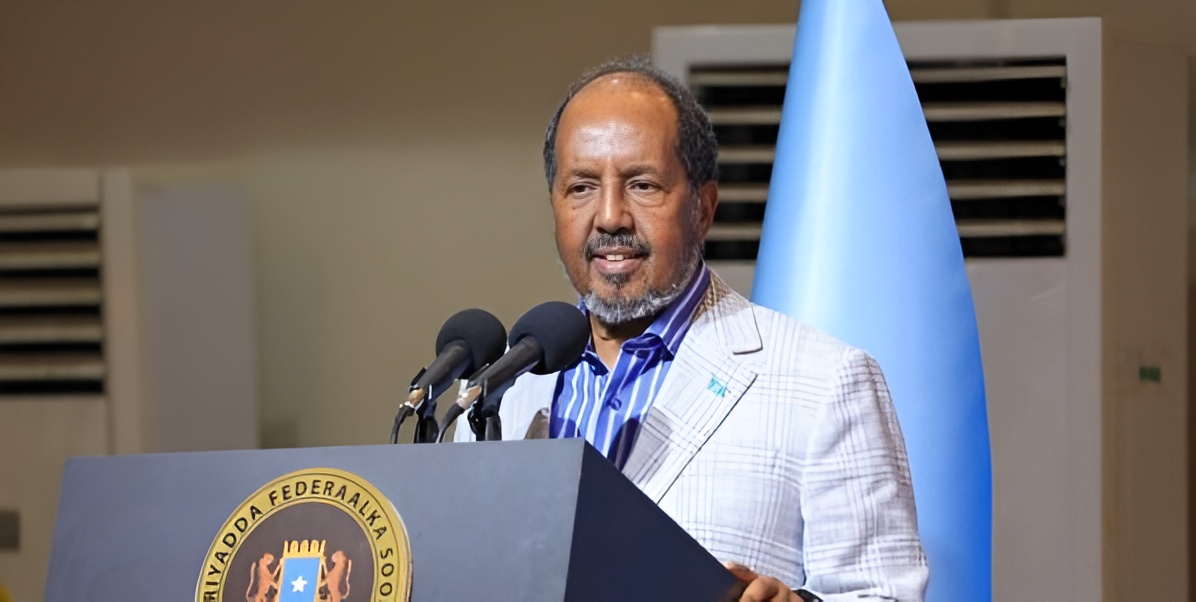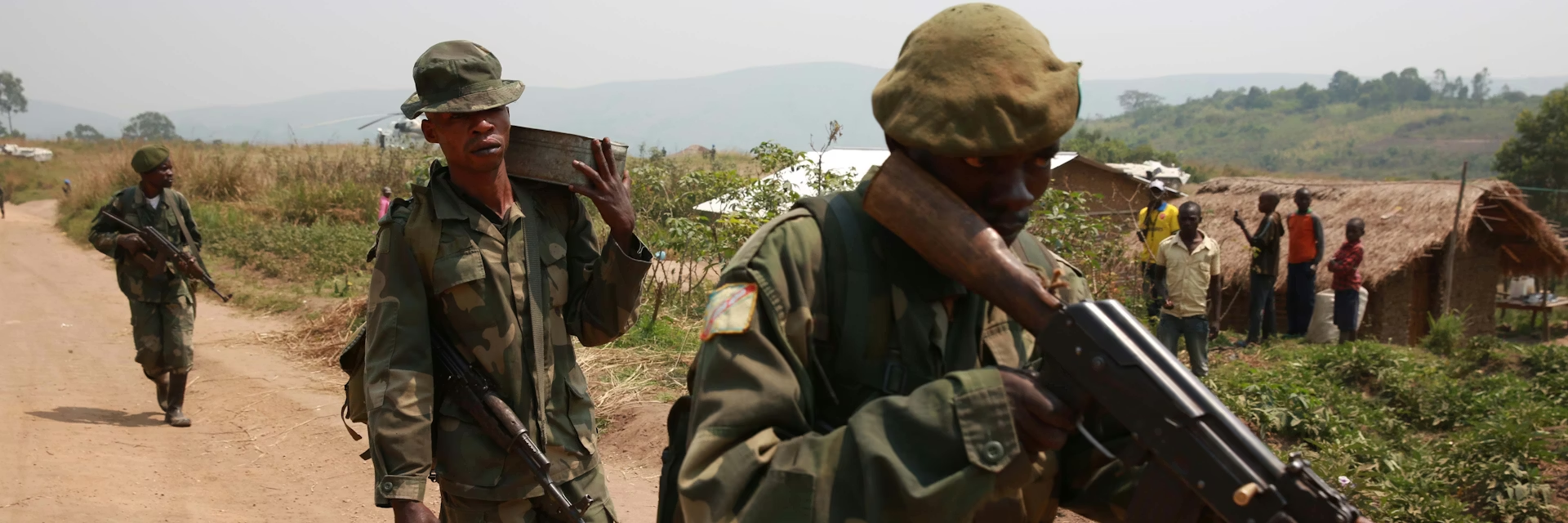Kenya leads East Africa region in criminality - report

On Saturday, Government Spokesperson Isaac Mwaura revealed that the country is currently hosting about 200,000 undocumented immigrants and displaced foreigners.
A new study has ranked Kenya as leading in criminality among the nine East African region states, and fourth in Africa, for the year ended 2023.
The ENACT Africa Organised Crime Index analyses data trends and resilience to organised crime across the continent. It is implemented by the Institute for Security Studies in partnership with Interpol and the Global Initiative Against Transnational Organized Crime (GI-TOC).
More To Read
- Mombasa court orders 10-day detention of seven soldiers in Sh192 million meth probe
- Court extends detention of six Iranians for a month in Sh8 billion drug trafficking probe
- KDF denies allegations of methamphetamine theft in massive 1,024kg seizure off Kenyan coast
- Record cocaine seizure in Haitian waters underlines country’s ‘pivotal’ trafficking role
- Government warns religious extremism shifting to encrypted ‘digital sanctuaries’
- Coastal counties face surge in online job scams, officials warn
Kenya scored a high average of 7.02 and a lower resilience of 5.33, in the index that ranks African countries on a scale of 1 to 10, with 1 being the lowest level of both criminality and resilience, and 10 being the highest.
"At the global level, (Kenya) is ranked 16th out of 194. Implicitly, Kenya is a significant hub for organised crime and although regulatory and institutional frameworks to address organised crime exist, there is significant scope for improvement," the report says.
The high score has been attributed to the country scoring above average in all criminal markets assessed by the researchers.
They include; human trafficking and cyber-dependent crimes leading at eight points each out of 10, followed by human smuggling, arms trafficking and financial crimes each at 7.5, and extortion, protection racketeering, and heroin trade at 7 each.
"These illicit markets have a negative effect on nearly all parts of Kenyan society. They are not only highly profitable but also increasing in their pervasiveness," the study notes.
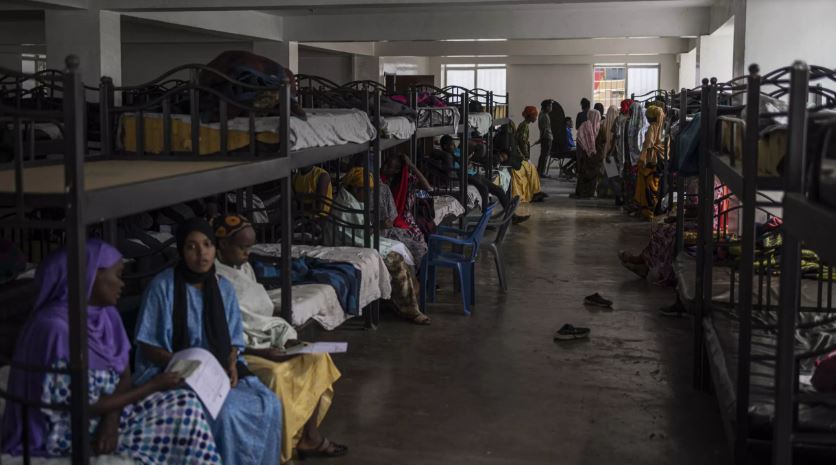 The Eastern Route is described by the IOM as 'one of the most dangerous and complex human migratory routes in Africa and the world. (Photo: Michele Spatari / AFP)
The Eastern Route is described by the IOM as 'one of the most dangerous and complex human migratory routes in Africa and the world. (Photo: Michele Spatari / AFP)
Kenya lies on a common human trafficking route between the Horn of Africa, Southern Africa and East Africa to the Arabian Peninsula and South Asia.
This movement of people is aided by, according to the study, local traffickers who collude with law enforcement officials to move people in and out of the country.
"Porous borders and the inadequate enforcement of immigration laws owing to corrupt state officers are the major drivers of migrant smuggling," the study notes, adding that human smugglers in Kenya primarily transport irregular migrants from the Horn of Africa and Somalia to Gulf countries and the Middle East.
The report notes that although the Kenyan government regulates labour migration, and hundreds of illegitimate agencies have been deregistered, this has only driven criminal activity underground.
"Within Kenya, Ugandan and Nepali women have reportedly been trafficked for sexual exploitation. Eritreans, Ethiopians, and Somali refugees are also exploited," it states.
"There has also been a notable rise in the smuggling of Tanzanians into the country for forced begging. The Anti-Human Trafficking and Child Protection Unit reports that there have been alarming spikes in online human trafficking recruitment and the exploitation of children.
On Saturday, Government Spokesperson Isaac Mwaura revealed that the country is currently hosting about 200,000 undocumented immigrants and displaced foreigners.
Noteworthy, however, is that Kenya serves as a transit route rather than an exit point for migration from the Horn of Africa.
It is almost impossible to travel directly from Kenya to destinations such as South Africa, Europe, the US, or the Middle East, and the vast majority of people travel overland through hazardous routes to reach their desired destinations.
Most of the Ethiopians and Somalis are immigrants seeking refuge from poverty, dictatorship, conflicts, and climate-related disasters and while they may enlist the help of intermediaries and brokers to facilitate their journeys, they are not victims of human traffickers.
Many have been arrested for being in Kenya illegally, but being in a country without proper documentation is often considered a civil offence, not a criminal one.
People may become undocumented for a variety of reasons, including overstaying a visa, entering a country without authorisation, or other circumstances related to their immigration status.
Corruption
Kenya has also been named as a key market for fast-moving counterfeited consumer products such as car spare parts and accessories, electronics, fashion apparel, phones, medicine and computer accessories.
"The high cost of doing business in Kenya, including numerous taxes and an unpredictable business environment, has been identified as one of the factors contributing to the threat of increased illicit trade and counterfeit products. A substantial number of counterfeit and excise goods also enter Kenya from neighbouring Uganda and Tanzania owing to porous borders and corruption among officials," the study notes.
Corruption has also been linked to the country's role as a transit hub for heroin trafficked from Afghanistan and the Arabian Gulf to Europe, America and other parts of the continent.
"The heroin market is quite profitable and competitive, and no specific criminal group controls the trade. Despite a concerted effort by the government, corrupt state officials facilitate the movement of heroin inland, as well as the activities of the West African and other organised crime groups involved," the report says.
"A notable nexus exists in Kenya between heroin trafficking and other crimes, such as corruption, human smuggling, arms trafficking, and poaching."
On Saturday, detectives from the Anti-Narcotics Unit seized heroin valued at over half a million shillings, millions in cash and four mobile phones from a suspected notorious trafficker based in Kisauni, Mombasa.
Suspect Mwinyi Seif Salim, popularly referred to as Mwinyi Marebe, is said to have been competing with the late Yusuf Ahmed Swaleh, aka Candy Rain, aka Kendereni, in the supply and distribution of hard drugs including heroin, especially with the dens located at Magodoroni and Arusini in Kisauni.
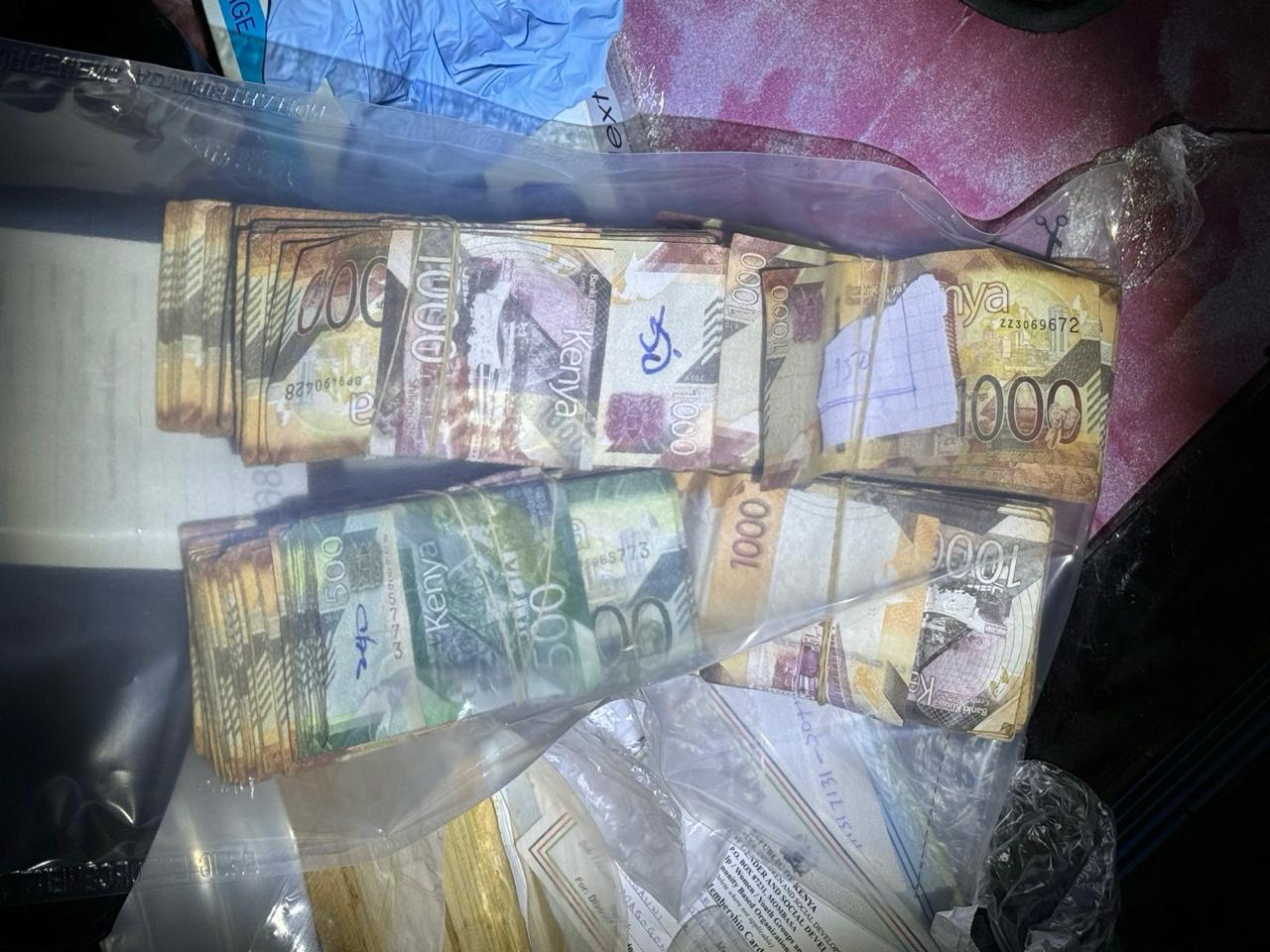 Part of the money that was recovered by the police from a suspected notorious trafficker based in Kisauni, Mombasa, on April 13, 2024. (Photo: NPS)
Part of the money that was recovered by the police from a suspected notorious trafficker based in Kisauni, Mombasa, on April 13, 2024. (Photo: NPS)
Kendereni, one of the well-known heroin traffickers with links to the infamous Akasha brothers, was killed in February 2024, in what was largely viewed as a major win in ending his growing drugs empire and fame as Mombasa's new "drug kingpin", following the jailing of the Akasha brothers in the United States.
The study, however, notes that Kenya's vibrant regulatory and institutional frameworks give it hope in addressing gaps predisposing it to criminality.
"Organised crime grows by taking advantage of gaps in governance, economic inequalities and political frictions. The findings of the 2023 ENACT Index give a clear signal that more needs to be done to address the relationship between organised crime and global trends, and the impact that illicit economies exert on governance and well-being," it adds.
The study further places the East African region among the top five regions for criminality in the world, "as a hotbed of illicit activities and a stronghold for criminal actors," whose influence is aggravated by prolonged conflicts that make the region especially vulnerable to the threat of organized crime.
Africa's average for criminality was rated at 5.25, with a resilience average of 3.25.
Top Stories Today







